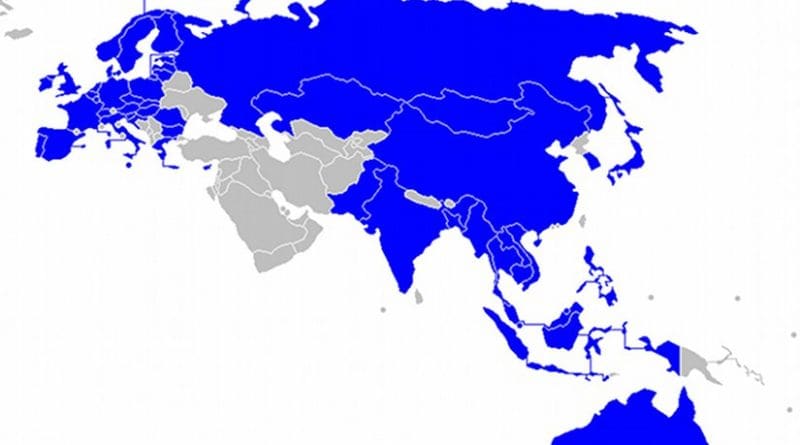ASEM Inter-Faith Dialogue To Focus On Challenge Of Multi-Culturalism
By Shada Islam
The challenge of building and living in multi-cultural societies will be high on the agenda at an ASEM (Asia-Europe Meeting) inter-faith dialogue to be held in Manila on October 13-14.
Government representatives, academics, religious leaders and other civil society actors from the 48 ASEM partners will discuss ways to improve the integration of migrants in host societies, combat religious intolerance and keep extremism at bay.
A key component of ASEM’s cultural chapter, inter-faith discussions are meant to foster greater understanding between different Asian and European faiths and cultures.
The Manila meeting will focus on adjustment challenges facing migrants and host communities as they seek the right balance between building cohesive societies and recognising migrants’ right to uphold their cultural identity, including religious practices.
The meeting of different faiths and cultures can be mutually enriching and beneficial. However, as illustrated recently by the rising in far-right anti-foreign parties in Europe, the massacre in Norway as well as attacks by extremists on churches and mosques in parts of Asia, multi-cultural societies may generate tensions and conflict, especially in times of economic stress.
Organisers of the Manila dialogue are hoping that ASEM partners will be able to collectively explore and discuss ideas and best practice on addressing diversity.
“The growing interaction among people with different cultural and religious backgrounds in the era of globalisation brings opportunities and challenges,” says a paper circulated to ASEM participants.
Although there is no model or ideal approach to integration, the meeting will allow participants to share experiences and exchange ideas on good practice.
Since migrant communities are increasingly diverse, participants will seek ways to promote dialogue among migrants of different faiths.
With more and more people using new media, they will also consider how best to use new communication tools to forge mutual trust and confidence rather than engender fear and hatred in multi-cultural societies.
Shada Islam is a journalist in Brussels with a long experience of EU-Asia relations. This is a part of a series of articles being published by Ecorys Research and Consulting, as member of the COWI Consortium which is under contract to the European Commission, to look at different aspects of the multi-faceted Asia-Europe relationship. This article represents the views of the author and does not commit the European Commission in any way.

